Baja California once again proved it isn’t just about fish tacos or tequila shots. And yes, we already told you: …
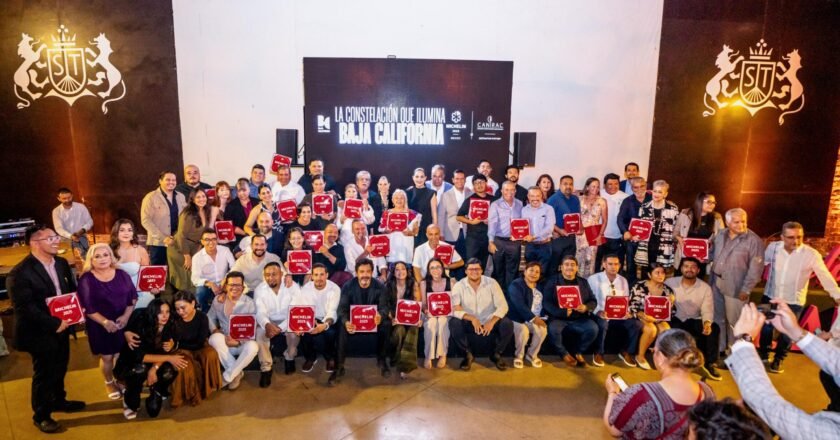

Baja California once again proved it isn’t just about fish tacos or tequila shots. And yes, we already told you: …

Cocina la Baja 2025 Delivers Another Delicious Hit If your taste buds weren’t at Estero Beach this weekend, you missed …

If you thought Ensenada couldn’t get any tastier… think again. Cocina la Baja returns next weekend with 24,000 reasons to …
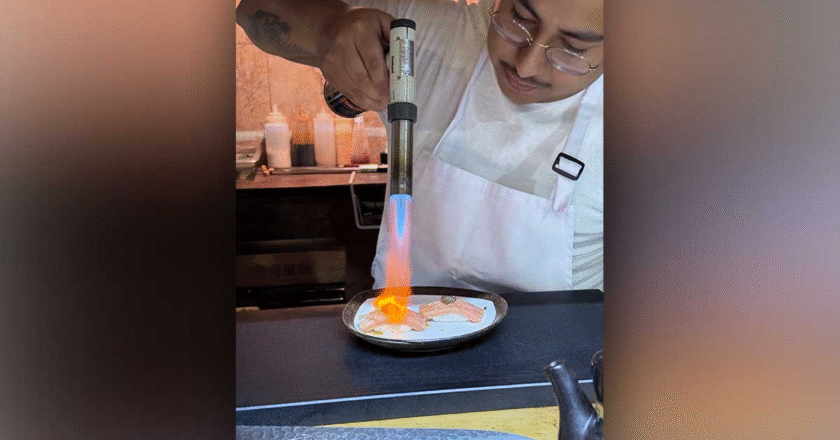
Expect a Tent. Get an Experience. When someone recommended “Yatai” to us, I expected a fancy restaurant tucked away in …
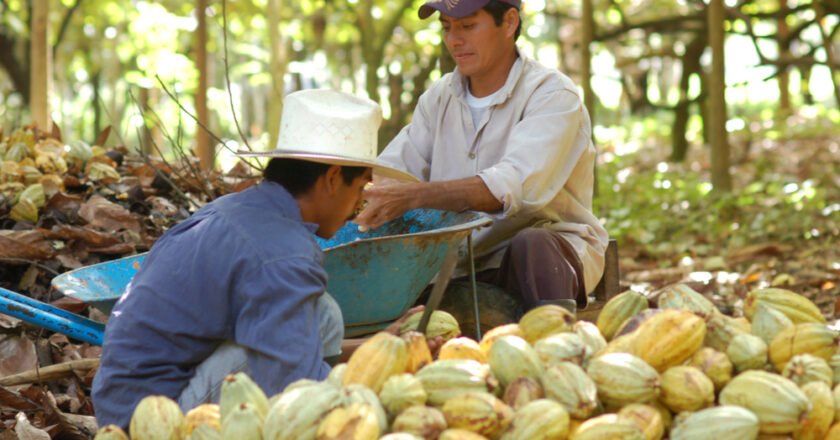
Every year, September 13th marks a sweet occasion that resonates with chocolate lovers worldwide—International Chocolate Day! This delightful day pays …

Baja California has always been a hotspot for sun, surf, and, let’s be honest, some of the most drool-worthy tacos …

Mark your calendars for an unforgettable family-friendly event in the heart of Valle de Guadalupe! The “Fiesta de los Viñedos …
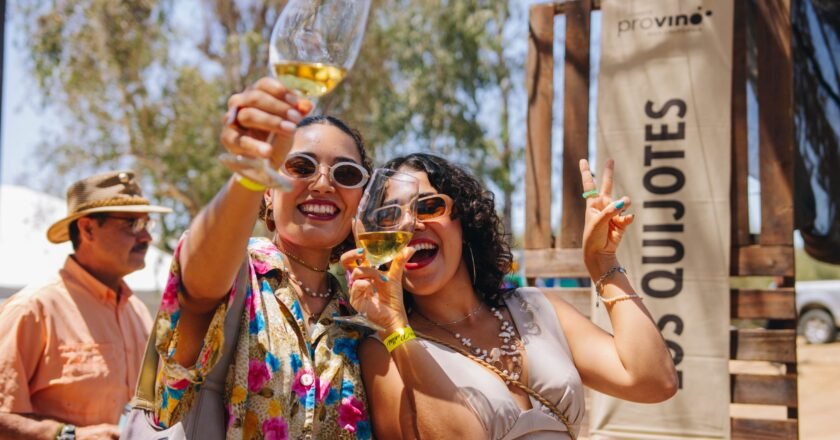
Hey there, food and wine enthusiasts! Remember that stormy weekend when Hilary decided to rain on our paella parade? Well, …
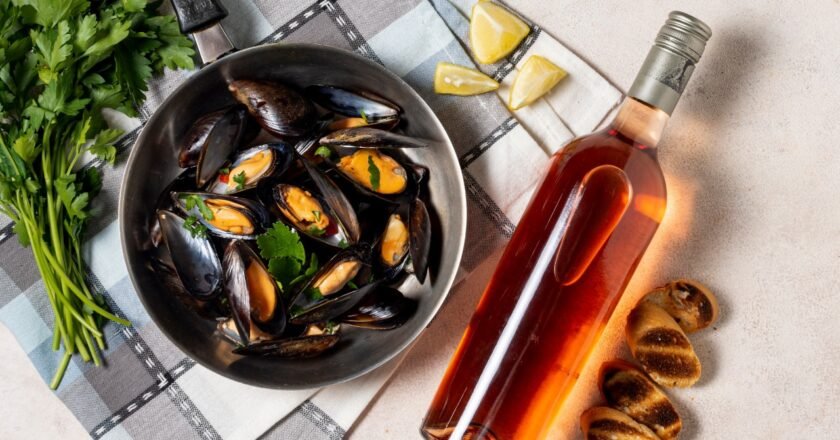
The Ensenada wineries association, PROVINO A.C., is offering a virtual cooking class with wine and ingredients included this coming Friday, …

Whenever I think of food sold in the Bufadora area, fish tacos, seafood cocktails and churros come to my mind. …